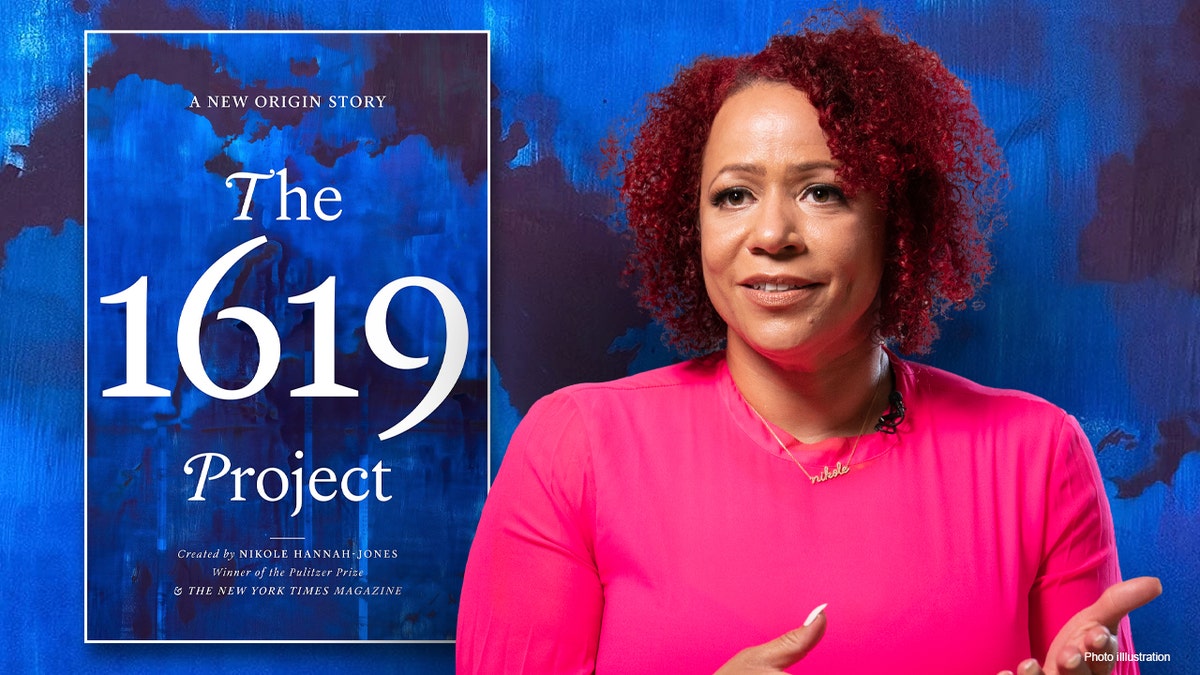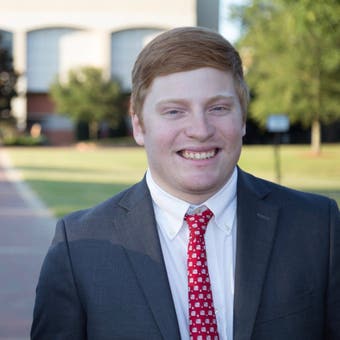1619 Project book can still be in school libraries, despite states' critical race theory bans: expert
Cornell University law professor William Jacobson told Fox News that content relating to critical race theory can still be stocked in public school libraries.
{{#rendered}} {{/rendered}}Even though states like Florida and Texas have banned some concepts relating to critical race theory from being taught in public school classrooms, some legal experts believe that school libraries can still stock books that promote the concept, whose historical accuracy has been widely cast as inaccurate.
William Jacobson, clinical professor and director of the securities law clinic at Cornell University Law School, told Fox News that under current laws and rules set forth by Florida and Texas, content relating to critical race theory can still be stocked in public school libraries.
The Texas law, House Bill 3979 which was passed in June and went into effect Sept. 1, bans public schools from including content from The New York Times' 1619 Project in curriculum, but according to Jacobson, would likely allow school libraries to stock the 1619 Project book, which was recently released.
{{#rendered}} {{/rendered}}NORTH DAKOTA GOVERNOR SIGNS BILL BANNING CRT IN SCHOOLS

AP Photo/John Minchillo, File 1619 Book cover: Amazon (AP Photo/John Minchillo)
"The limitations on certain subjects are limited to ‘any social studies course in the required curriculum. ...’ and curriculum material for such courses. As such, it would not seem to apply to materials stocked in the library or elsewhere for other purposes," Jacobson said.
A Florida Department of Education rule approved in June states, "Instruction may not utilize material from the 1619 Project."
{{#rendered}} {{/rendered}}Amy Carney speaks on behalf of parents during a protest against critical race theory being taught at Scottsdale Unified School District before a digital school board meeting at Coronado High School in Scottsdale on May 24, 2021. (Reuters)
The rule also states that concepts like critical race theory and the denial of the Holocaust are "inconsistent with State Board approved standards."
The rule does not, however, ban schools from keeping books like the 1619 Project stocked in their libraries, according to Williamson.
{{#rendered}} {{/rendered}}"The Florida rule applies to the ‘teaching’ of ‘required topics' which would not seem to prohibit the stocking of books in the library or elsewhere for other purposes," Williamson said.
Carol Swain, a senior fellow for constitutional studies at the Texas Public Policy Foundation, told Fox News that the 1619 Project presents a "false narrative of American history."
Carol Swain on Fox News primetime 9.22 (Fox News)
"I think that many of us oppose the 1619 curriculum in that it is anti-American and it's based on a false narrative of American history. And I believe that it would be detrimental to young people if that was the only version of American history they receive," Swain said.
{{#rendered}} {{/rendered}}Critics of the Texas bill claim it would ban educators from accurately teaching America's history, including slavery and the Civil War era, but Swain calls these attacks false.
CLICK HERE TO GET THE FOX NEWS APP
"That's not true at all. In fact, in every discussion I've heard about American history and how it should be taught, people are not opposing the teaching of slavery or the teaching of the Jim Crow period of American history and lynching, and all of that is not being opposed," Swain said.
{{#rendered}} {{/rendered}}A spokeswoman for Florida Gov. Ron DeSantis told Fox News that the Republican governor "is opposed to teaching CRT in K-12 schools because it is state-sanctioned racism. Stereotyping children and dividing them by skin color is unconscionable and has no place in Florida classrooms."
Jared Ochs, a spokesperson for the Florida Department of Education, told Fox News if a public school's library stocks books such as the 1619 Project, they must be available for the public to inspect if requested.
"If materials from a school library are used for instruction or assigned coursework, then yes, they would have to abide by the State Board of Education’s rule. If the materials are simply available and unrelated to coursework, those materials must still be made available for public inspection if requested, and there are still prohibitions against such materials being pornographic," Ochs said.


